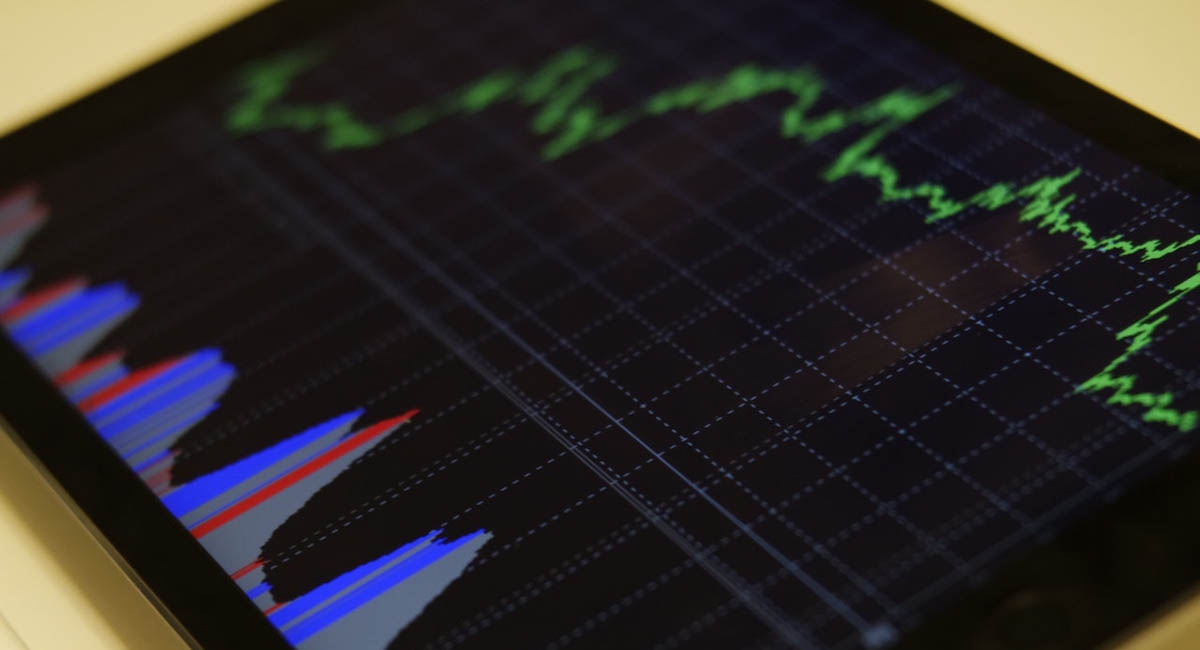
Forex Trading in Canada
By trading volume, the foreign exchange market (also known as Forex or FX) is the largest trading market in the world, seeing millions of transactions every day totalling upwards of 6 billion US dollars. Most of the major players in the marketplace are international banks and financial institutions, but there are also individuals trading currencies, particularly since it became possible to complete transactions and exchanges online.
Canada is one of the regions in which forex trading is legal, allowing investors to work with brokers and use online platforms to make their trades. The industry is overseen by the Investment Industry Regulatory Organization of Canada, IIROC, but there are also local layers of regulation that require brokers to be licensed and registered before offering their services to investors.
The IIROC was created after a merger between the Investment Dealers Association of Canada and Market Regulation Services Inc in 2008. The newly formed organisation became a nationally recognised self-regulatory organisation that oversees all the trading activity taking place in Canadian markets and they enforce the forex regulations in Canada.
The IIROC maintains the high standards that the Canadian forex market is known for and has the power to suspend and expel members that fail to adhere to them. This means that those with an interest in forex trading can be confident that they are dealing with legitimate businesses that are licensed and follow a code of conduct.
Getting Started in Forex Trading
Most forex traders use a broker, either in-person or online to manage their trading activity and signing up for an account is usually relatively easy. To begin trading in Canada, you will need to ensure that the broker you choose is licensed by the IIROC before submitting your personal details.
Most sites will ask for personal details, documents to prove your identity, and information about your trading intentions such as budget, objectives, and the level of risk that you are happy with. You will need to have a basic understanding of how the forex market operates in order to start trading, so it’s important to do some research into how the markets work and what trading actually entails. twenty
It is important to have a good understanding of market trends and how to analyse activity and there are plenty of resources online to help newcomers to the sector familiarise themselves with the data they will need to succeed. New traders can establish dummy accounts to help them get a feel for the way the markets fluctuate and establish whether their decisions would result in a profit or loss.
What Can Affect the Forex Market?
With so many different currencies involved, it’s no surprise that the forex market experiences thousands of fluctuations throughout the day. Because it accommodates so many time zones, it is open twenty-four hours a day, although the markets do close over the weekend.
There are so many things that can affect the forex market, including:
Global Capital Markets: the major industries and largest corporations in a country can all have an impact on the way the forex market behaves for that country’s currency. If there is a particular product or commodity that is responsible for a large percentage of that country’s economy, fluctuations in that market can have an impact on the currency’s value.
In Canada, crude oil and metals make up a significant proportion of the economy, meaning that the Canadian dollar is heavily impacted by changes in the value of those commodities. If oil prices increase, the value of the Canadian dollar would rally accordingly, and this kind of insight is what forex traders need to predict currency values.
International Trading: the degree to which nations trade between one another is another major factor in the balance between currencies for the purposes of the forex market. If a country is the major producer of a particular product or provider of a service that is high in demand, its currency will naturally reflect that with a swift currency appreciation.
Countries with trade deficits buy more goods than they export, meaning that they buy up a lot of currencies from other nations in order to purchase their goods. This can mean that their own currency is slightly devalued as the demand for buying their currency on the forex market is weak.
Political Activity: a country’s outlook has a big impact on the value of its currency as its political leaders make decisions that can have an impact on how their currency is perceived by traders. As well as headline news, which can have a huge impact on the value of a currency, regulatory changes, updates to legislation, or political campaigns can all change the way a currency is viewed by international traders.
It’s important to understand the way that forex markets work before attempting to trade on the currency market Finding reputable sources for information about the likelihood of currencies increasing or decreasing their value is key to success, but there is no way to guarantee particular results.
Even traders that have done all their homework aren’t always successful when it comes to making money from forex trading. It is important to have a strict budget and ensure that you stick to it to protect yourself and make the most of your budget to maximise your income and mitigate against any losses.
Photo: Burak Kebapci, Pexels









